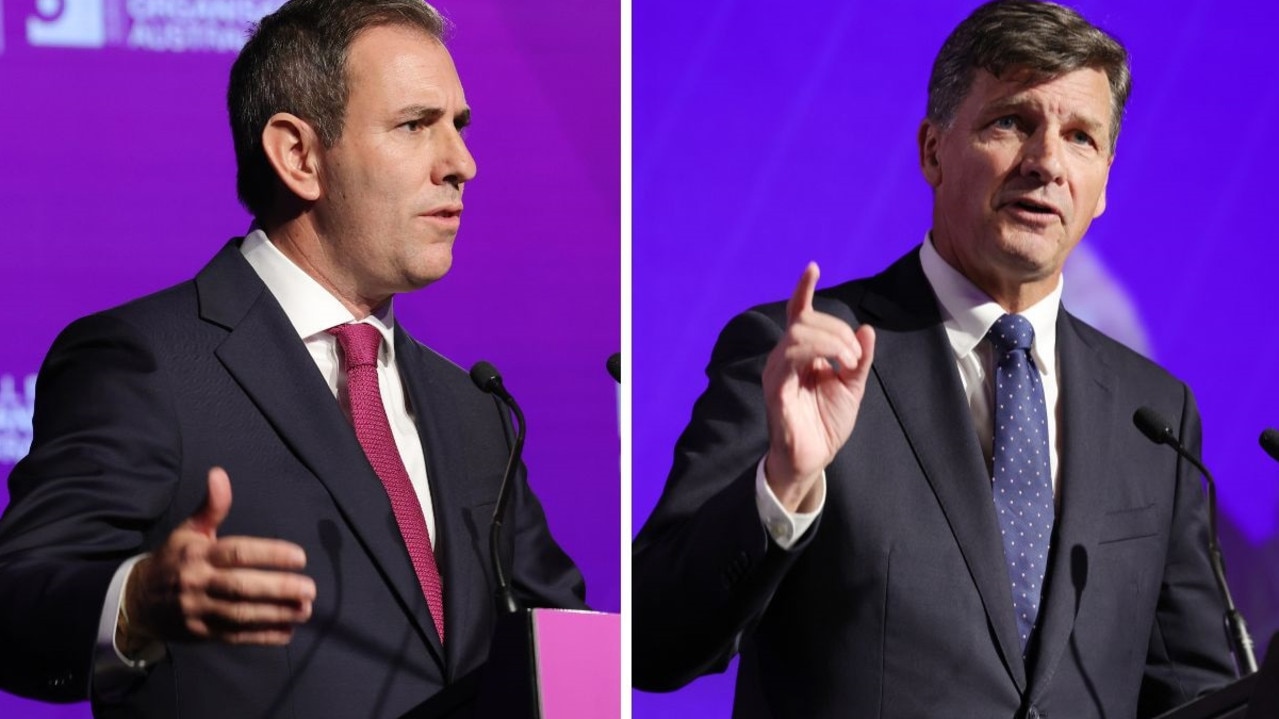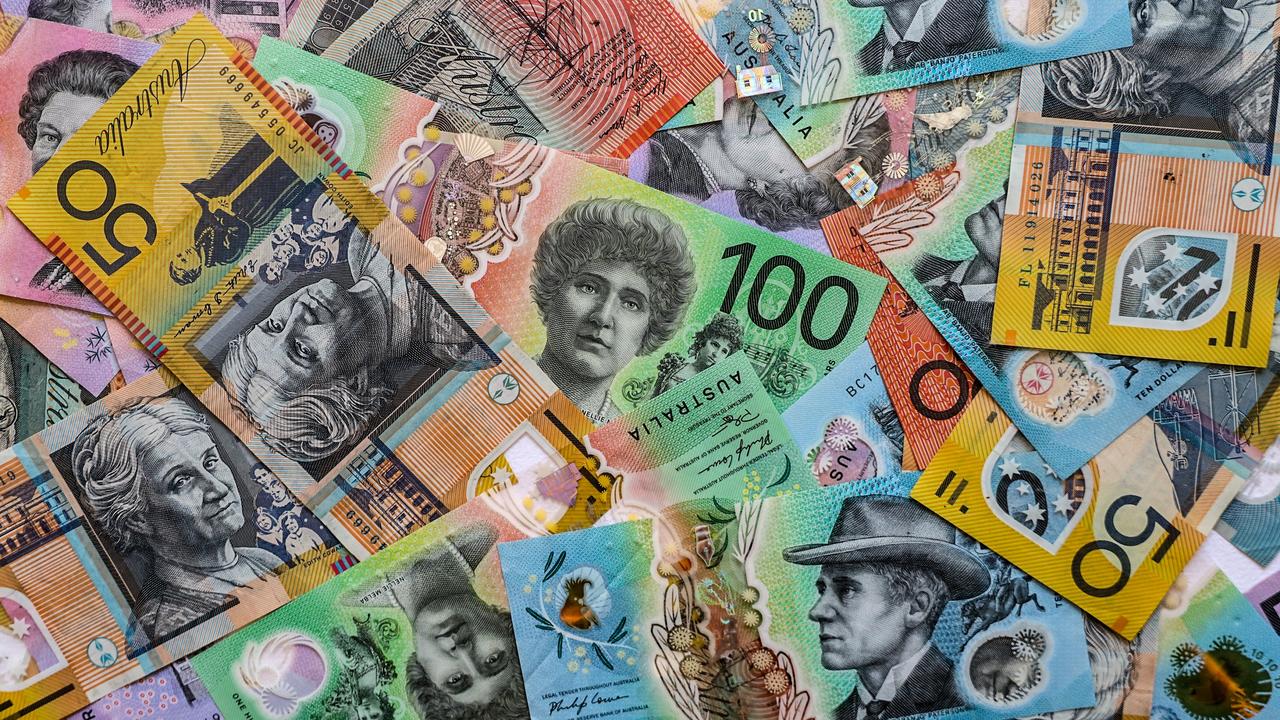Top economist calls for introduction of new Australian tax
A Nobel prize-winning economist has called for the Australian Government to introduce a new windfall tax, claiming it is a “no-brainer”.
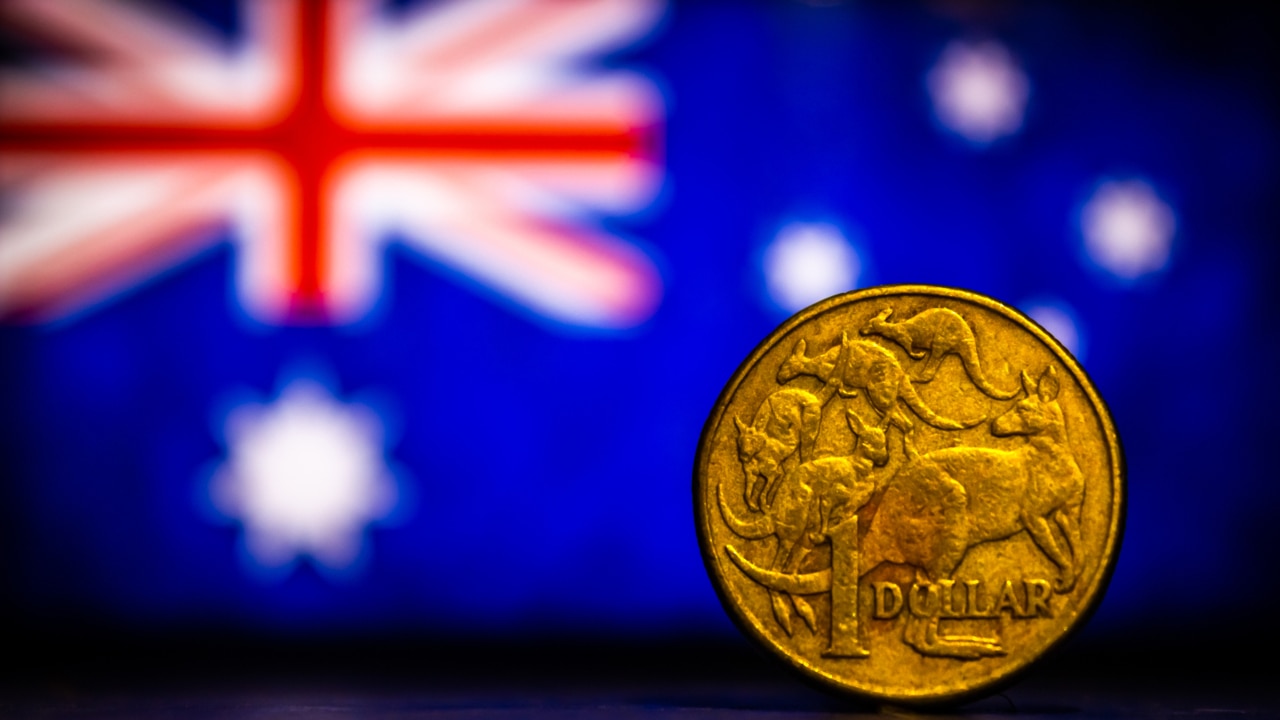
A Nobel prize-winning economist has called for the Australian Government to introduce a new tax, saying it makes a “good deal of sense” to do so under the current circumstances.
Joseph Stiglitz, has said introducing a windfall profits tax should be a “no-brainer” for Australia, with the respected US economist pushing for the change during a meeting with Treasurer Jim Chalmers.
A windfall tax is a higher tax rate on profits that are the result of a sudden windfall gain for a particular company or industry.
Speaking to reporters during his visit to Australia, Mr Stiglitz pointed out that a lot of companies made huge profits throughout the Covid-19 pandemic, along with electricity and gas companies profiting off the energy price rises as a result of the Ukraine invasion.
“It makes a great deal of sense at this current juncture – it’s not as if the energy companies did anything to deserve it,” he told reporters, according to The Guardian.
“It was [Vladimir] Putin who engaged in that reckless action. Why should the energy companies be rewarded?”
Stream more finance news live & on demand with Flash. 25+ news channels in 1 place. New to Flash? Try 1 month free. Offer ends 31 October, 2022 >
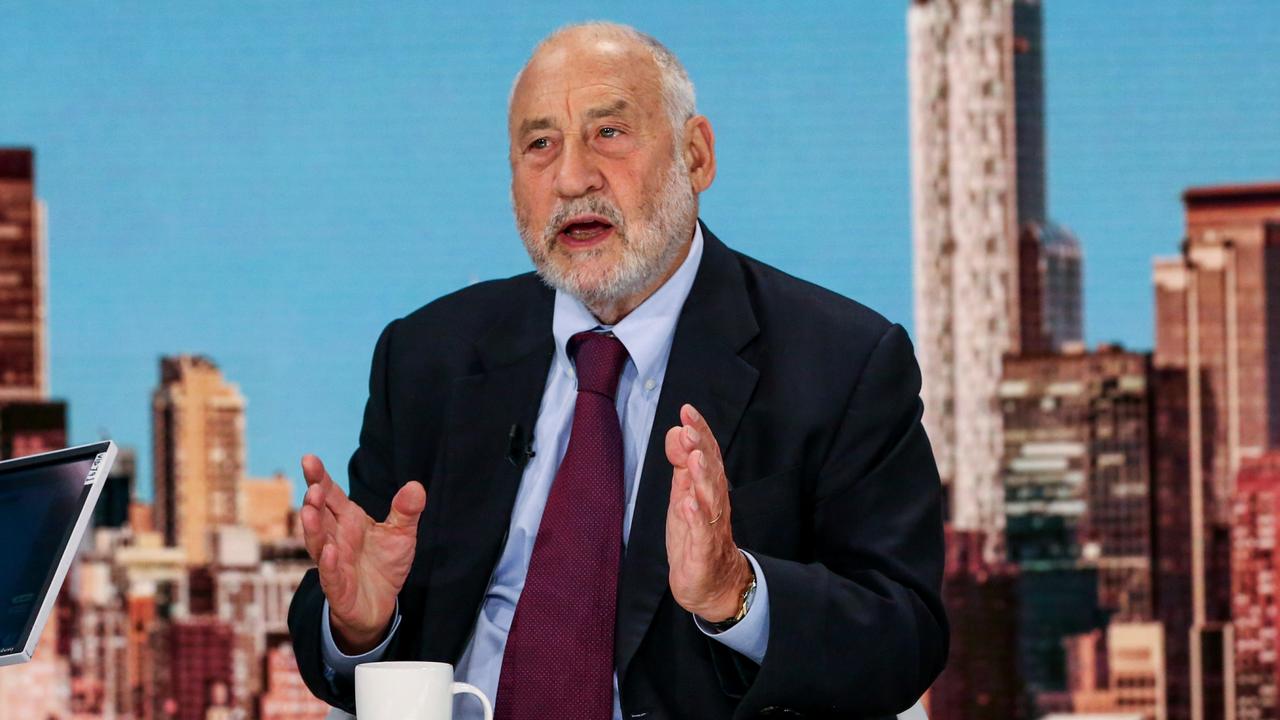
However, Mr Chalmers says he hasn’t been swayed by the conversation with Mr Stiglitz, ruling out introducing a windfall profit tax.
“I had a long conversation with Joe Stiglitz about [it] this morning in my office,” the Treasurer said during a press conference.
“We’ve made it clear that a windfall tax is not something that we are considering. It’s not something that we are proposing.”
The Government’s resistance to bring in this kind of tax has led Mr Stiglitz to suggest such a move has been tossed aside due to the ongoing influence of major companies.
He suggested companies appear to have a “lot of influence” in this particular space, noting that a windfall profit tax “seems to be politically difficult for this Government”.
The call for the new tax comes amid rapidly rising interest rates for Australians, with some economists predicting rates to rise every month for the rest of the year.
Exploding interest rates paired with the cost of living crisis means many Australians have been left struggling.
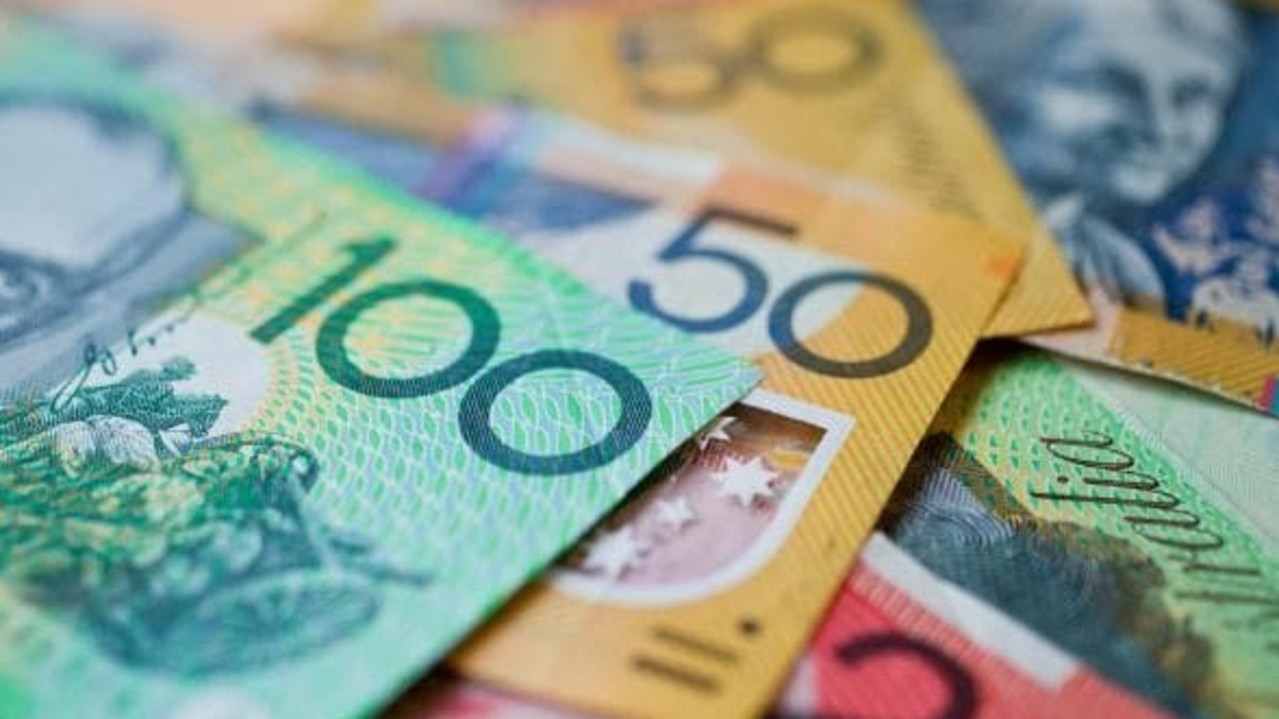
Mr Stiglitz warned that if the Reserve Bank of Australia (RBA) continues to hike interest rates at such a fast pace then there will “almost surely” be an economic downturn.
He noted that recessions in the US and Europe would also greatly impact Australia.
“What Australia has to be sensitive to is that there is a significant risk that Europe and the United States will go too far, and there will be a global downturn,” he said.
This warning comes as Mr Chalmers urged Australians to prepare for “confronting” news when he unveils the state of the nation’s finances next week.
Soaring interest rates on record levels of government debt are expected to burn a $13 billion hole in the budget.
Speaking to reporters in Canberra, Mr Chalmers said the Government had inherited the “trickiest set of economic circumstances” in living memory.
“When it comes to the trillion dollars of debt that we inherited from our predecessors, that is becoming more and more expensive for us to accommodate,” he said on Monday.
“Every dollar that they borrowed is now more expensive to service. That’s just the reality.”
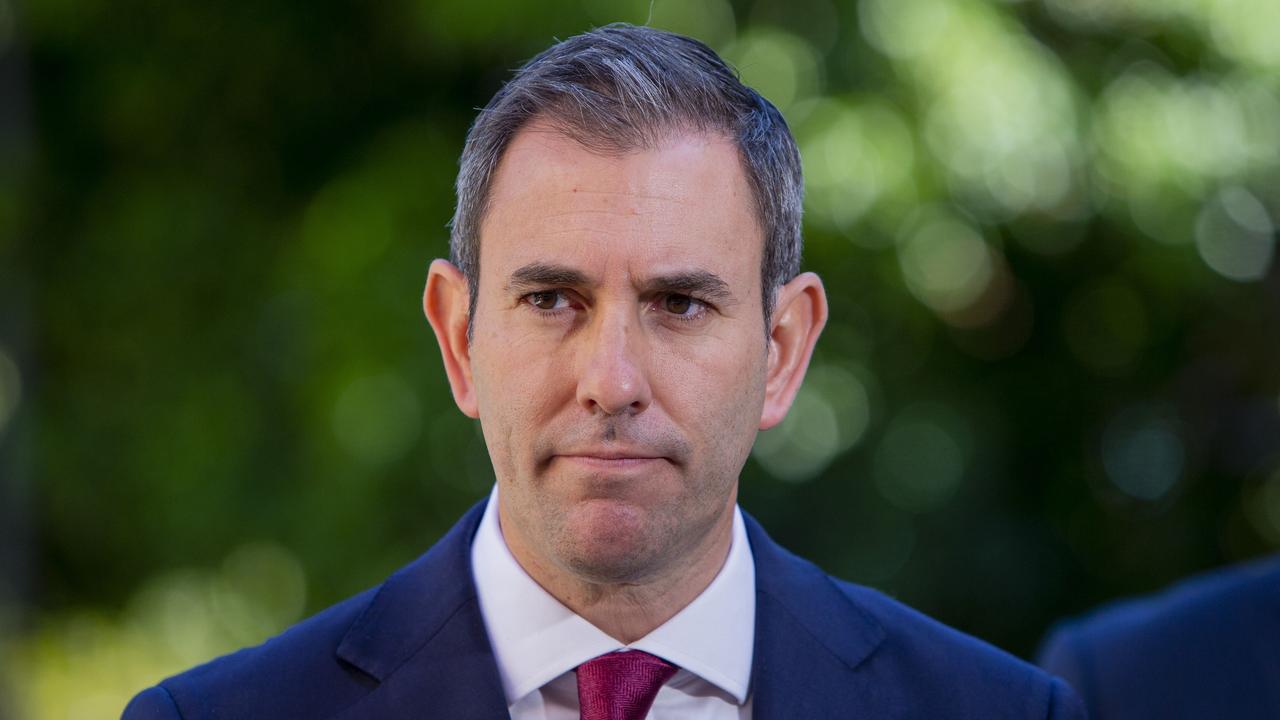
Mr Chalmers is set to provide an update on the federal budget on July 28 once parliament resumes.
Essentially, the Government is facing the same punch from interest rates as the everyday Australian is on their mortgage payments.
When the budget was handed down in March, interest rates were assumed to average 2.2 per cent over the next four years.
But an uncertain global economic environment has propelled the RBA to successively hike interest rates in a bid to curb rising inflation.
Mr Chalmers said the Albanese Government would try to help people through this “difficult period” but the levels of debt meant it couldn’t “do everything we would like to do”.
“And so we have to prioritise and our priority is childcare and medicines,” he said.
– with NCA NewsWire




